In September 2002, Kaja Sokola was a 16-year-old model who had just arrived in New York from her native Poland for an event organized by her management company, NEXT. It was there that she met Weinstein. Three days later, the movie mogul sexually assaulted her.
"Modeling agencies are sometimes like 'pimps' for rich players," Kaja admits.
Chris Brenner, who managed supermodel Milla Jovovich's career for decades and now represents the supermodel's daughter Ever, worked as an agent at NEXT from 1993-1999 and saw the industry's problems up close.
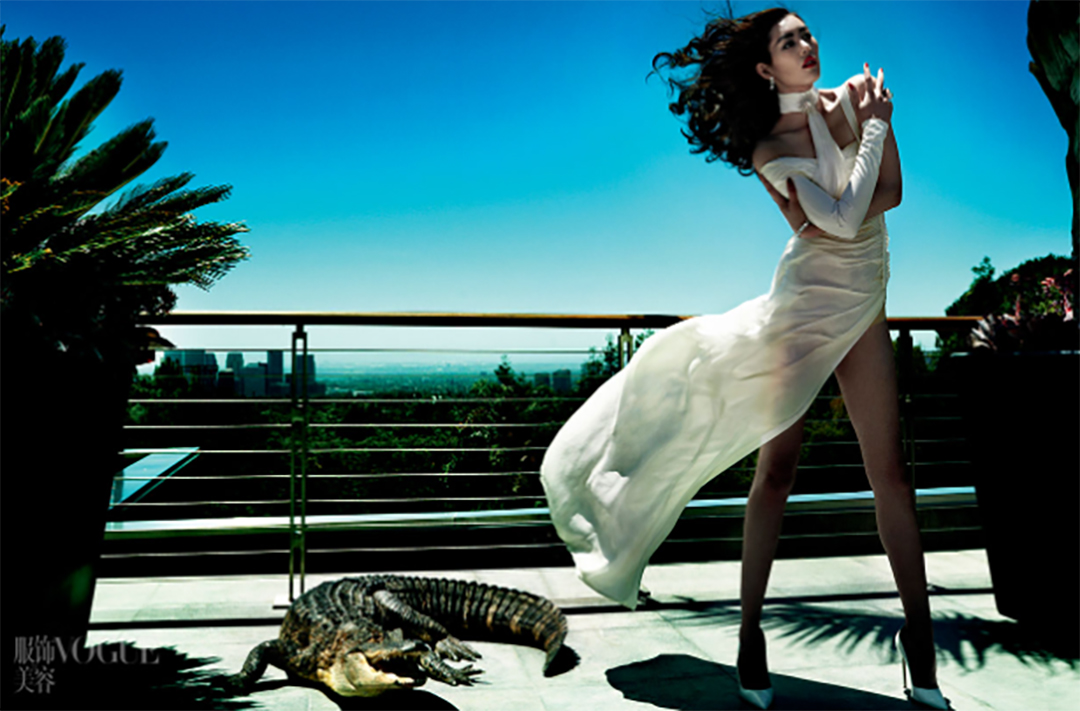
Fashion photo by Mario Tetino
“I don’t like these auto-renewal contracts,” Chris said. “A lot of young people sign contracts without showing their parents because they’re 18, 19 and they think they’re doing the right thing, and then they’re stuck.”
Chris Brenner also worries about the presence of grown men loitering around fashion shows. “Harvey has become a fixture on the runways. Donald Trump is the same. I saw Donald Trump backstage at Fashion Week and I thought, ‘Why is he standing there when there’s a 13-year-old kid getting dressed? This is weird.’”
NEXT and many other agencies get invited to fashion parties. Of course they invite a few girls in the hope that they will catch the eye of a potential client. That's how the modeling industry works.
Chris Brenner eventually decided to leave NEXT and start his own management company after witnessing a model being financially exploited.
“I remember a young woman with a baby at home telling me that she left home for two days to get the job done, and then they advanced her salary. But instead of taking 20% commission, they took an additional 5% because she got paid in advance,” Chris recalls.
Kaja Sokola also filed a lawsuit against Weinstein and Disney in 2019. Weinstein’s attorney said his client “categorically denies” Sokola’s allegations. A long-running class action lawsuit was filed against NEXT and Wilhelmina in 2013. That lawsuit claimed that the agents took advantage of models’ fees, putting them in cheap apartments and deducting expenses from their paychecks, including rent that was far above market value.
“The worst thing that happened was that I was ripped off without any oversight. It was not a pleasant feeling,” said Alex Shanklin, a former J.Crew model and Wilhelmina customer who is the lead plaintiff in the lawsuit.
"As a model or any worker, you have the right to know the terms of the agreement being negotiated. Many of us enter the industry at a very young age and we shouldn't allow someone to have that much control over us," Alex said.
On May 23, 2023, former model Sara Ziff and a group of models held a press conference in Albany, New York, carrying signs that read, “Jean-Luc Brunel is an investor in NEXT Models” and “New York Fashion Week generates $600 million a year but we get paid in clothes.”
Many women and men share their horror stories about the glamour industry. Mari Malek, a model from South Sudan, compares the trauma she faced in the industry to what she endured as a refugee.
"I was disrespected, verbally abused, sexually harassed, underpaid, and rarely paid for some of the work I did," Malek said. A 12-year veteran of the industry, Malek, who modeled for Prada for a decade, also faced racism. She recalled arriving at a casting to find a sign on the door that read: "No black girls unless requested."
Rozi Levine, a self-described “gender-fluid” model, began modeling at 19 during the Covid-19 pandemic. Levine’s face is displayed on screens in Ultas and Sephoras stores around the world but says she only makes about $2,000 because she goes through an unidentified modeling agency.

Polish model Kaja Sokola
Right after Levine's first Fashion Week show, "a designer invited me to his apartment and I said, 'Great. There are so many people I can connect with,'" Levine recalls. "But I was alone in the apartment. They poured me drink after drink. I had no way of knowing how many drinks I had. I passed out and woke up in my bedroom completely naked. I thought, 'What the hell?'"
Levine left the industry shortly afterwards, adding: "It's just a human trafficking industry."
As the global economy deteriorates, modelling has taken a shocking turn in some places. Seay-Reynolds says she lost 80 pounds amid pressure to stay thin.
"Models are now being scouted by agencies from refugee camps in a bid to promote diversity. They are actually hunting girls in refugee camps, then putting them in model apartments, working their way back to the refugee camps," Ziff revealed.
Staying in an apartment provided by the company is another “horror movie” experience. Model Esmeralda Seay-Reynolds describes a typical New York apartment: “There are about eight girls living in a small space. There’s a scale you have to step on to get to the kitchen. The only thing in the fridge is Diet Coke.”
Former model Sara Ziff added that modeling agencies are taking advantage of the opportunity to make money, often housing eight girls in a two-bedroom apartment with four bunk beds and charging each girl $2,000 a month, while the market price for the entire apartment would be around $2,200 a month.
"No one cares about the problems models are having," says Esmeralda Seay-Reynolds. "They think models like Kendall Jenner are always getting paid $10 million for an Instagram selfie. But the reality is the rest of us are literally living in The Hunger Games ."
Source link


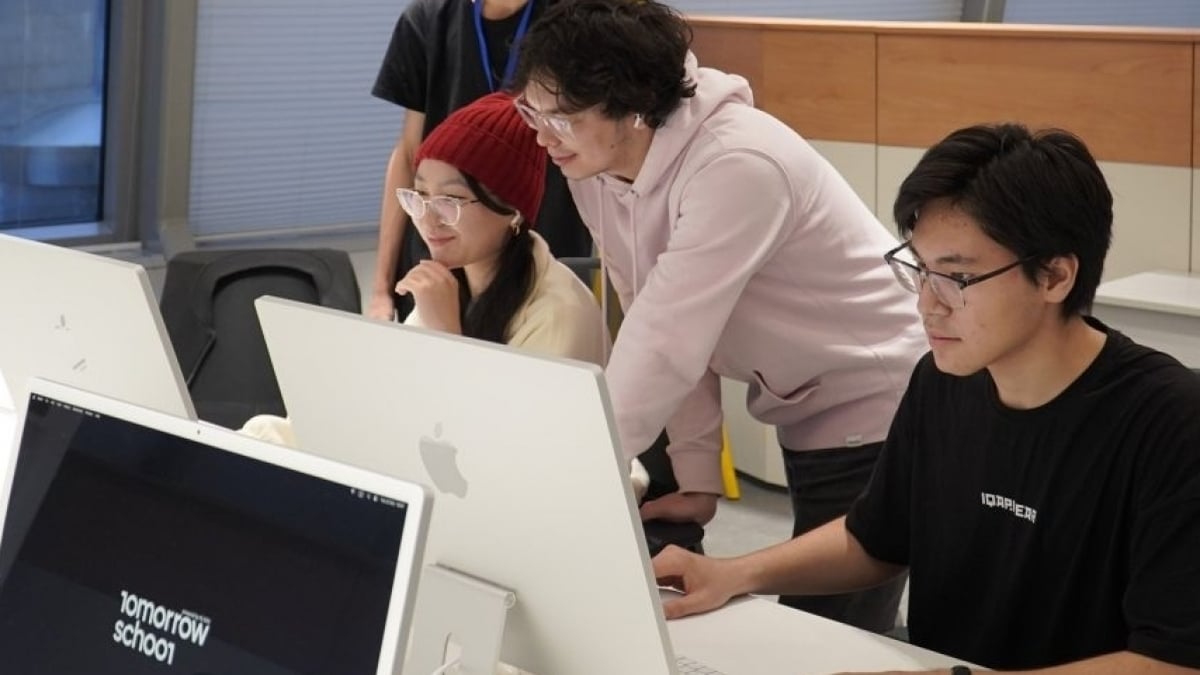
![[Video] First successful treatment of resistant epilepsy in children using a navigation robot](https://vphoto.vietnam.vn/thumb/1200x675/vietnam/resource/IMAGE/2025/7/26/789eaba42a7048fcb8879c754603c153)




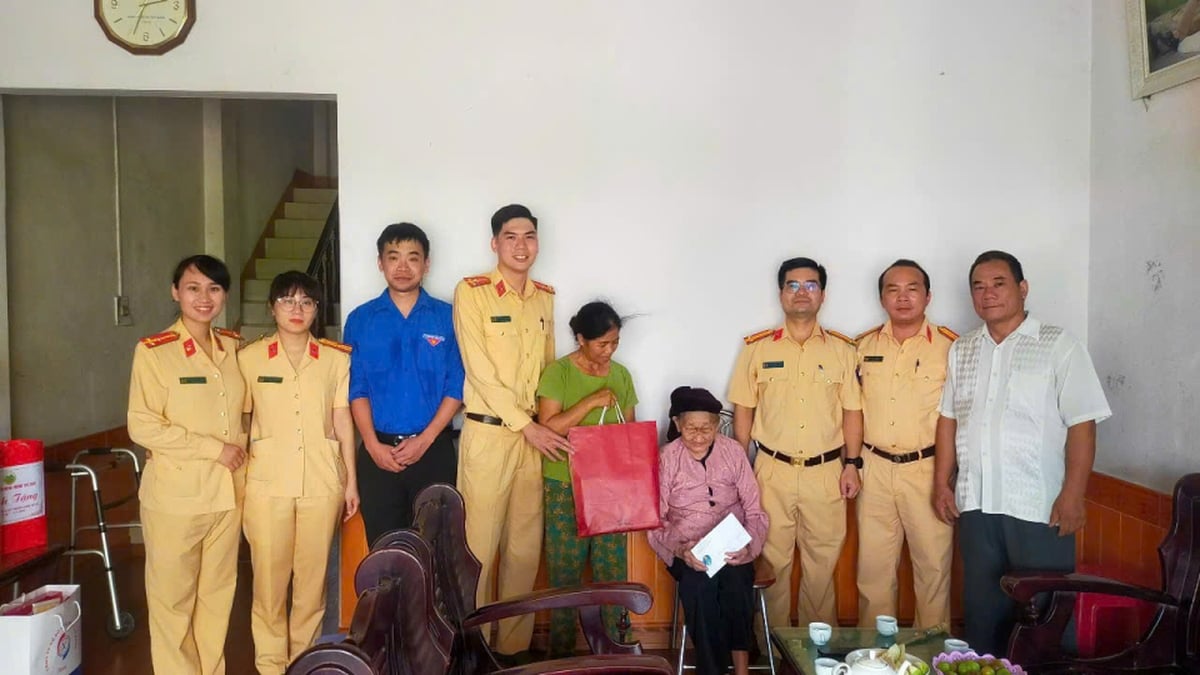
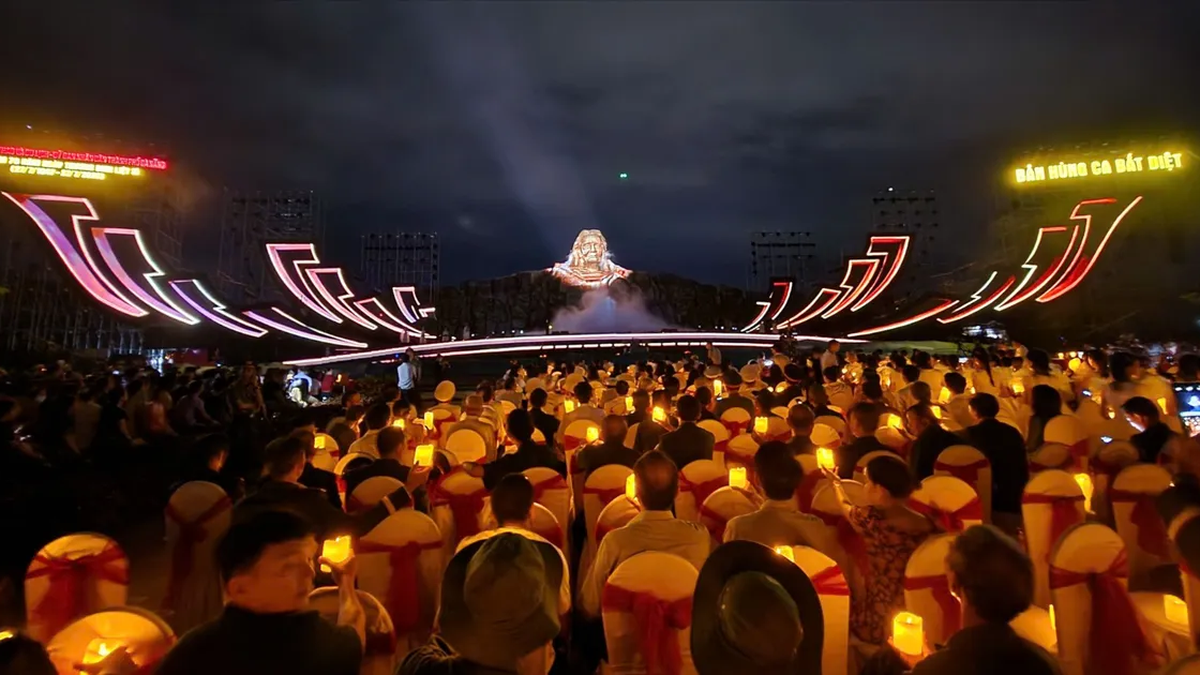

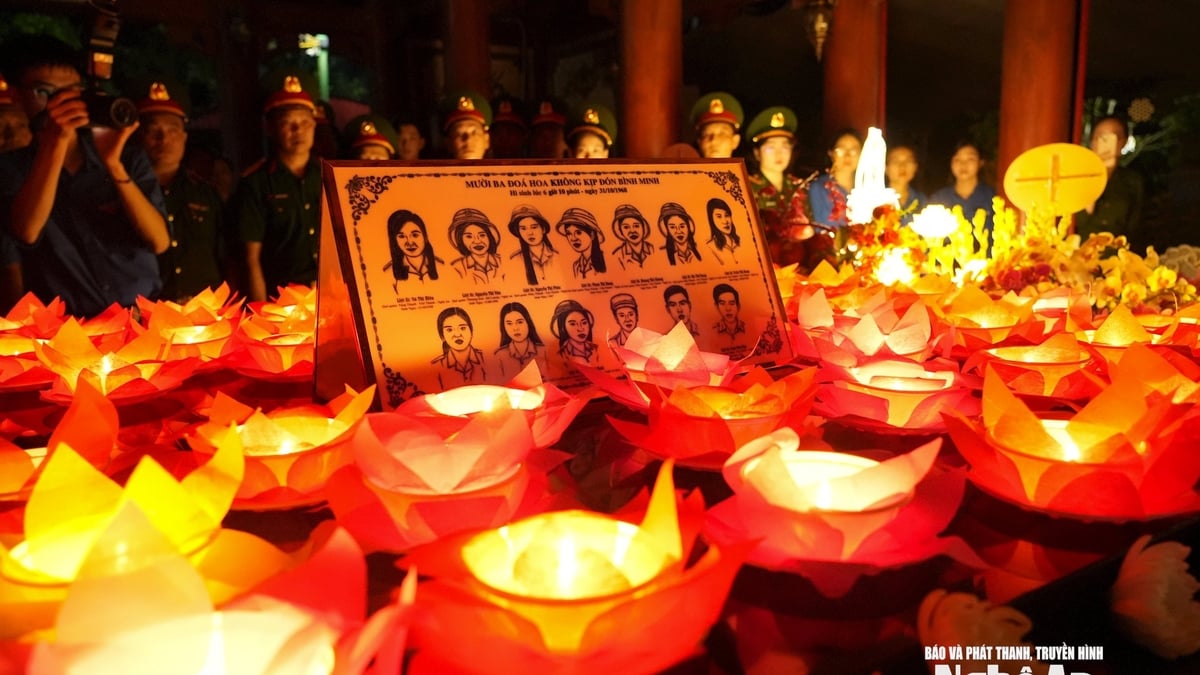





















































![[Photo] National Assembly Chairman Tran Thanh Man receives Chairman of Morocco-Vietnam Friendship Association](https://vphoto.vietnam.vn/thumb/402x226/vietnam/resource/IMAGE/2025/7/26/b5fb486562044db9a5e95efb6dc6a263)



































Comment (0)